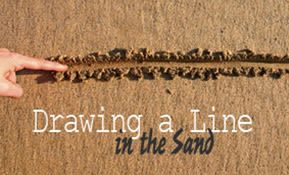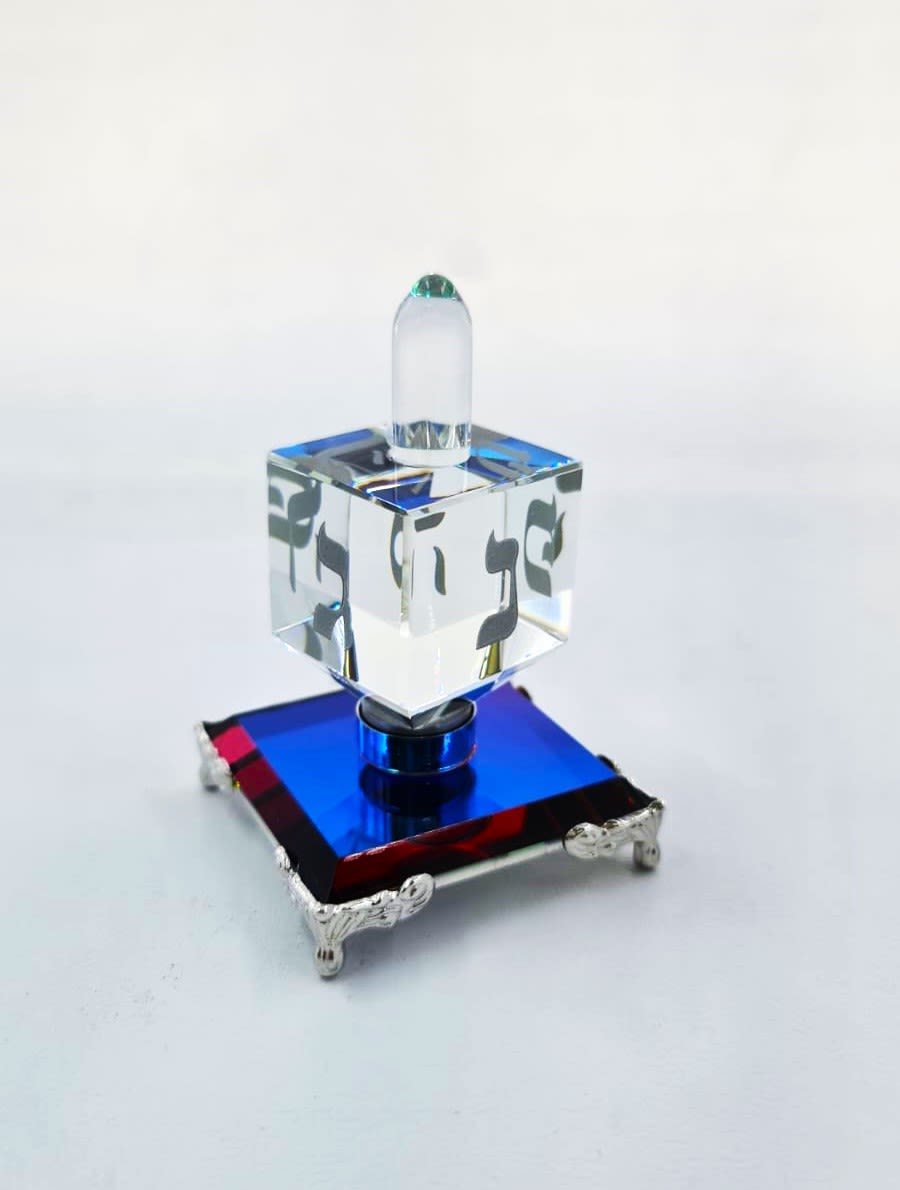
Behar-Bechukotai: Teaching the Children
When I taught at an exclusive Hebrew school in Southern California, I asked my twelfth grade class from which country were we...

When I taught at an exclusive Hebrew school in Southern California, I asked my twelfth grade class from which country were we freed on Pesach. Not one student raised his hand. Then, I asked the following question: “How many of you have taken at least two or more year-long classes on the Holocaust?” As all hands went up, I realized why many of our kids are so lost. Contemporary Jewish education focuses on the negative aspects of our history, without discussing our glorious past, and the reasons for our suffering.
Many of us were raised with an acute awareness of the holocaust The holocaust has become central to American Jewish identity. Many Jews exposure to Judaism consists of black and white photos of bald women and old men standing behind barbed wire fences. It is no wonder then, why they make so much effort to distance themselves from Judaism. Yes, it's impossible to comprehend the depth of our tragedies, but focusing on these snapshots of history offers an intensely painful and improper picture of Judaism. Parshat Behokutai gives us a profound insight into how to understand our history in its proper context and how to rectify our past while paving the way to a brighter future.
The Real World
According to the Rambam, in the time of Moshiach the world will revert back to its natural course. This ‘natural’ world includes the total cessation of famine, war, sickness and jealousy, and an abundance of luxury (Hilchot Melachim 12:1-5). It sounds as if the Rambam is describing the antithesis of the world as we know it. How could our holy Sage offer such a skewed view to what we view as reality?
The Rambam is teaching us that our reality is, in fact, unnatural. The headlines of the evening news reflect a world far different from that which was intended by the Creator. Rabbi Zev Leff compares this world to a hospital for the crippled. A crippled child that was born and raised in that hospital and never saw the outside world would assume that everyone was crippled. If he were to meet a person who was not crippled, he would assume that that person was supernatural.
With that in mind, it makes sense that the Garden of Eden is the blueprint for our world. It makes sense that in a perfect world, reflecting our perfect Creator, creation meets our every need.
Imperfect World
Our tradition teaches us that today's imperfect world is a result of man’s sins, which caused a breach in our relationship with Hashem. Through trying to repair this distanced relationship, we have the opportunity to become closer to Hashem. Rebbe Nachman wrote, “When a person enters into God’s service, then, as a rule, he will be shown rejection. It will seem to him that God is pushing him away and preventing him from drawing close to Him. In truth, however, all this rejection is designed to bring him near" (Courage! Despair Does Not Exist, p. 153). Our tribulations — both nationally and individually — are challenges designed by the Designer to help us reach out to the Almighty.
In Parshat Behukotai, God tells the Jewish people that if they follow the decrees set forth in the Torah, they will experience bountiful blessings in both this world and the next. However, should they fail to heed the commandments and in doing so turn their back to God, the Almighty will respond in kind. As we read, “But if you will not listen to Me and will not perform all of these commandments… then I will do the same to you" (Vayikra 26:17).
In his introduction to The Path of the Just, the Ramchal writes that the purpose of creation is to give us the opportunity to draw close to God — the greatest pleasure possible. Creation is structured to allow us the greatest access to His goodness. Human nature is such that the delight we get from a reward is in direct proportion to the amount of effort we exert to attain the reward. A handout brings with it minimal pleasure, and oftentimes shame, while people who work hard feel the tremendous satisfaction of achievement.
To gain the greatest reward, we must exert effort to connect with the Almighty. In Parshat Behukotai, Hashem tells us that if we walk in His ways, we will merit a multitude of blessings, while failure to act appropriately is met with severe consequences.
Consequences
These consequences, which include both physical maladies and exile, are meant to teach the Jewish people that life without a profound connection to the Almighty is harsh and undesirable. These punishments should serve as a sign of our misdeeds and inspire us to repent. Yet an even worse fate awaits those who chose not to see the Divine hand in their suffering. These people would rather explain their pain as a product of nature and thus continue in their erroneous ways.
Says the passage, “Then they will confess their sins and the sins of their forefathers, for the treachery which they betrayed Me, and also for having behaved toward Me with casualness. I, too, will behave toward them with casualness and I will bring them into the land of their enemies — perhaps then their unfeeling heart will be humbled and then they will gain appeasement for their sin" (Vayikra 26:40).
Hashem's reaction to our repentance seems puzzling. After all, if God punished us so that we should turn to Him, shouldn't He end the punishment once we recognize our mistake?
Our rabbis explain that Hashem desires not only our repentance, but that we also understand the nature of our sins. Hashem will not accept our repentance if we do not intend to strengthen our relationship with Him. We must be careful not to consider the wrath of our history as nothing more than happenstance and fail to recognize the Divine hand in our suffering.
Many modern scholars mistakenly attribute our suffering to the absence or ambivalence of the Almighty, God forbid. This viewpoint, so often explained to inquiring Jewish children, has and continues to bring woes to the Jewish people. This week’s parsha assures us that at no time in Jewish history have we been victims of circumstance! Even at our darkest moments, God is with us. We are able to reject our painful ‘reality’ and seek that Garden of Eden that was intended for us.
Reflecting Hashem's Mercy
Everything we encounter comes directly from the Almighty. Oftentimes, people will view that which is good in their lives as that to which they are entitled, and the bad in life as happenstance. But both the pleasure and the pain are reflections of Hashem's great mercy. We must learn how to use the challenges that we face to come closer to the Almighty. The pain and distance that we might think divides us from the Almighty is nothing more than an illusion. The pure Light of Torah burns bright and will repel the darkness. Rebbe Nachman states that to overcome our challenges and break through to the natural world of bountiful blessings and peace, “…we require great courage. We must strengthen ourselves greatly!”
Let's teach our children to accept the challenges they face and use them to get closer to the Almighty. Let's transmit a message of hope, rather than despair. Through arming the next generation with hope and passion to reach their potential, we are helping to return the world to its natural state — the Messianic Era!











Tell us what you think!
Thank you for your comment!
It will be published after approval by the Editor.